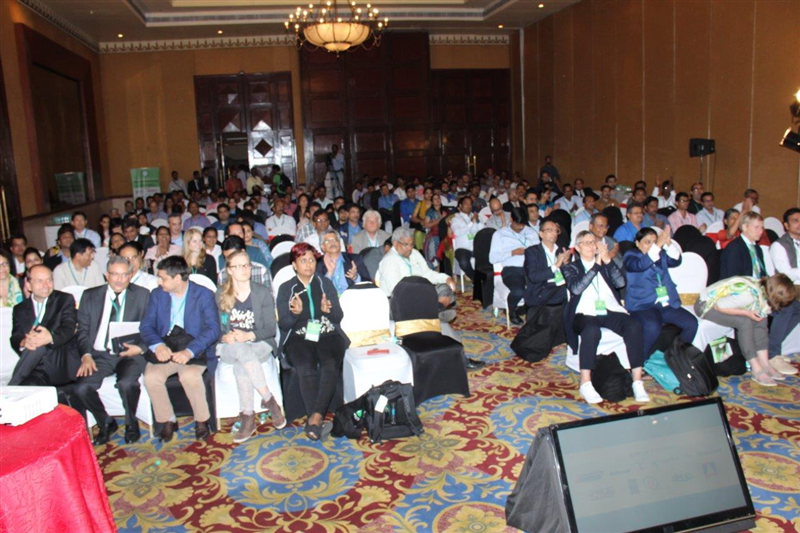
GOTS Conference
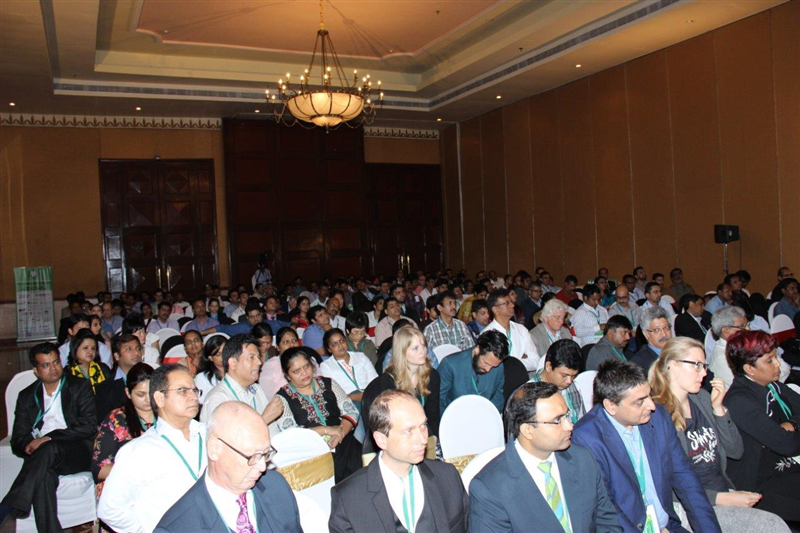
GOTS Conference
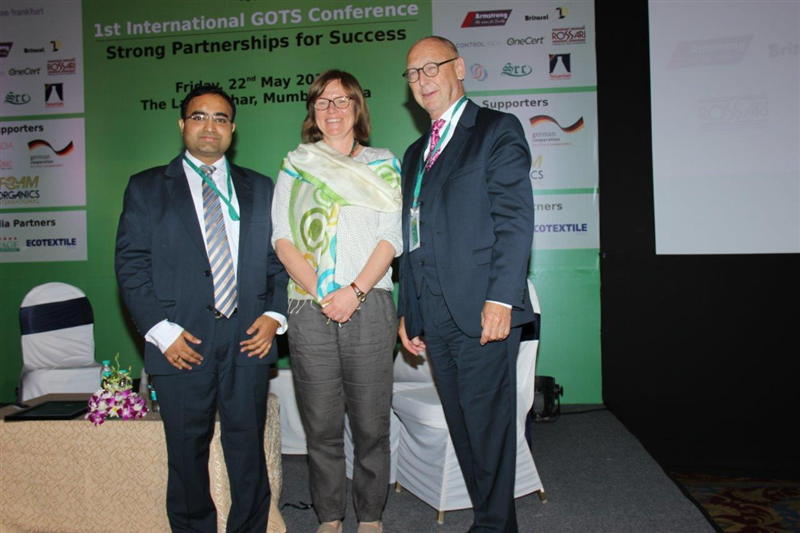
GOTS Conference
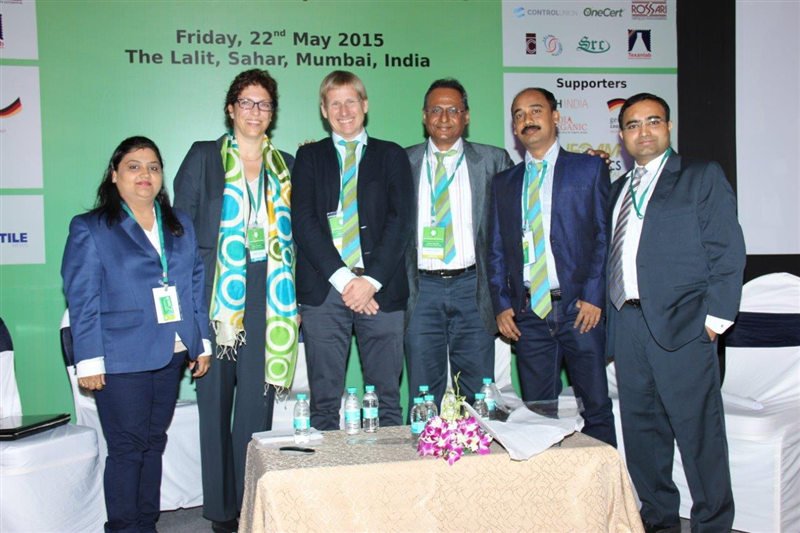
GOTS Conference
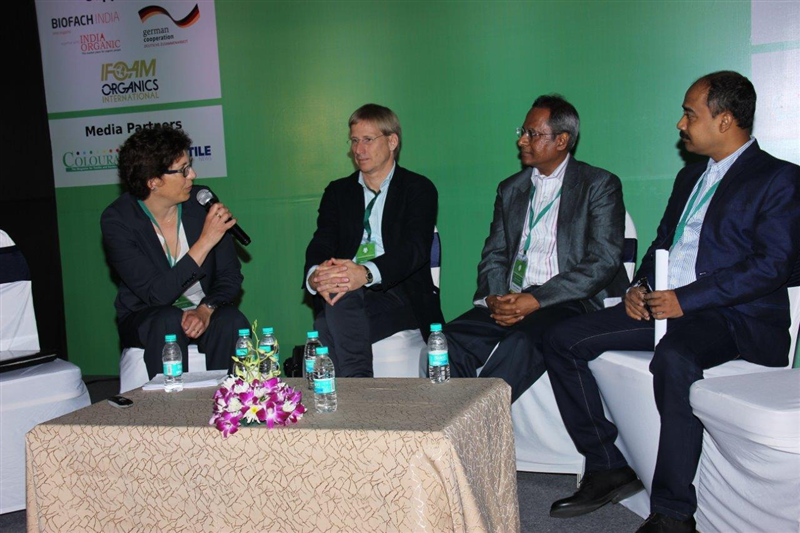
GOTS Conference
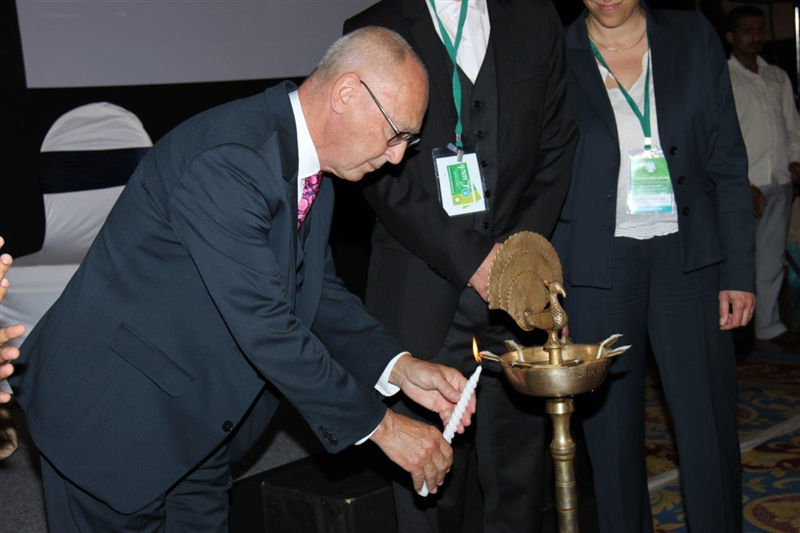
GOTS Conference
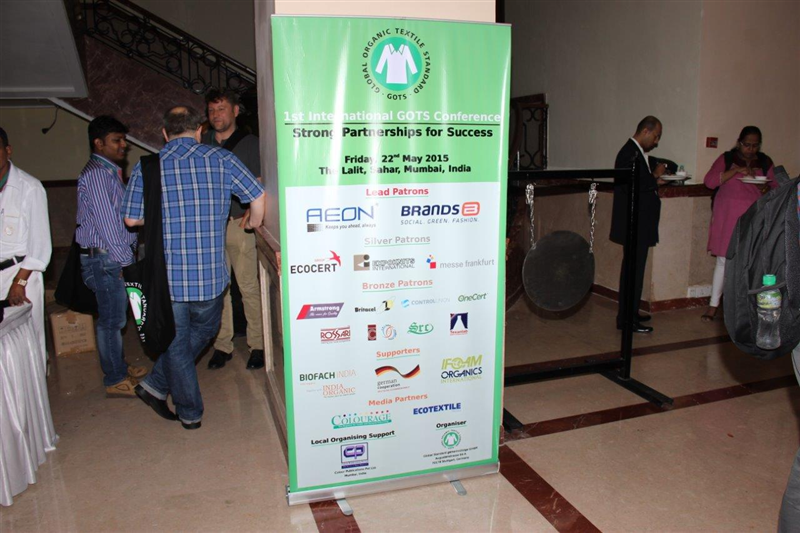
GOTS Conference
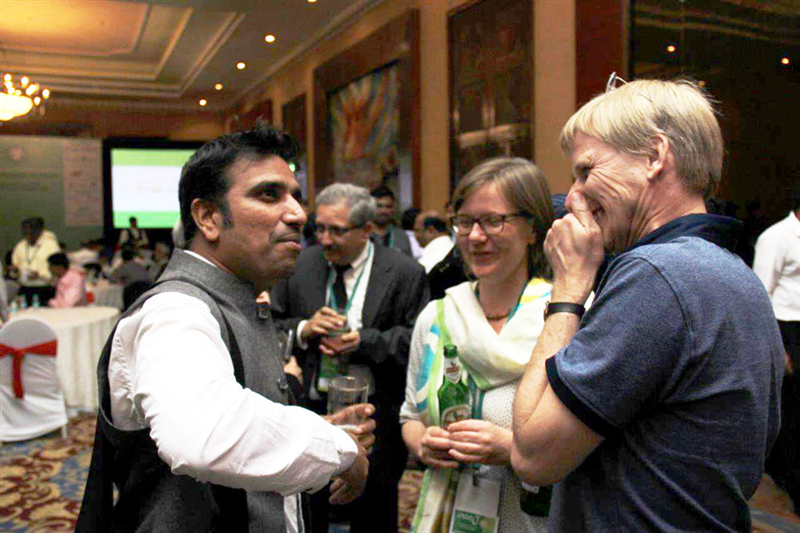
GOTS Conference
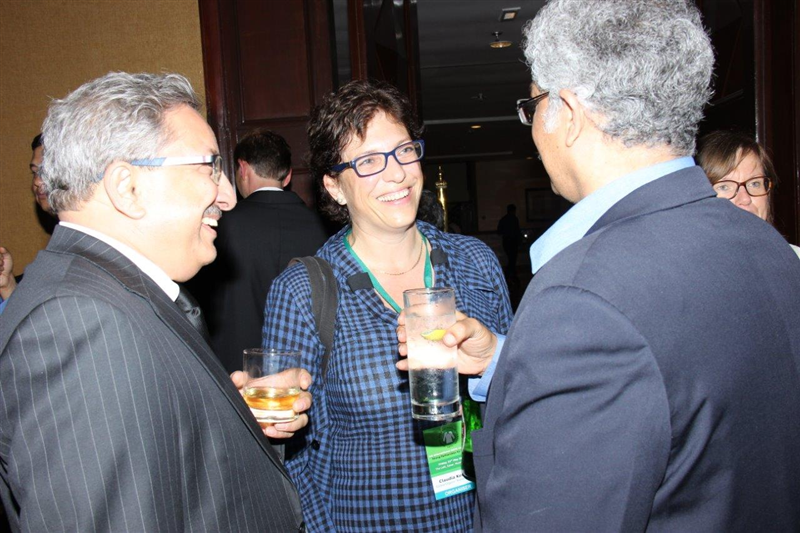
GOTS Conference
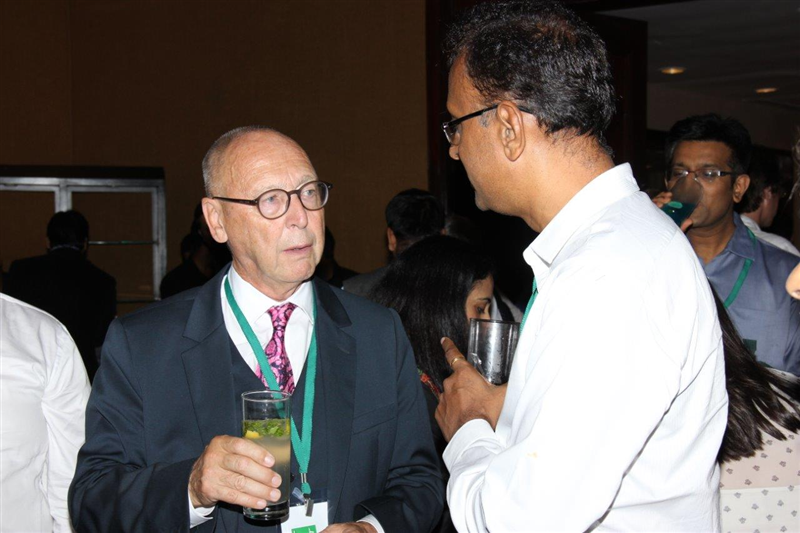
GOTS Conference
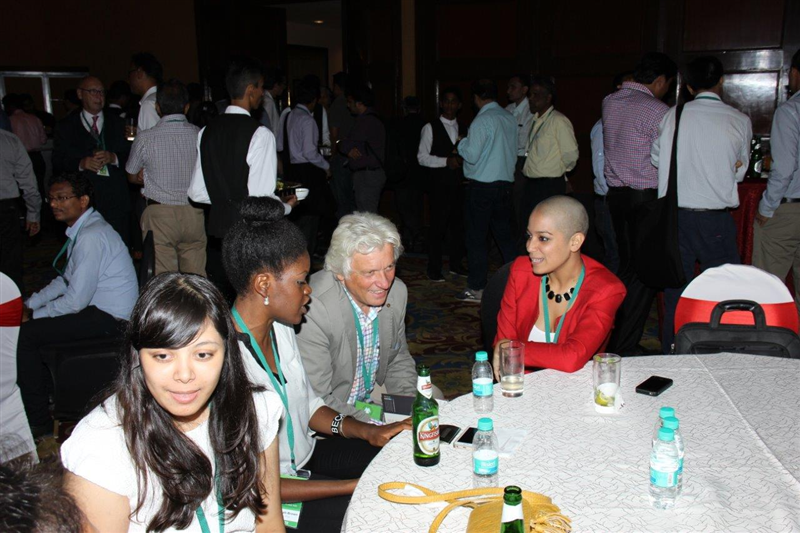
GOTS Conference


First International GOTS Conference Highly Successful
GOTS Press Release
05 Jun 2015
Mumbai, (2nd June, 2015) The flagship event by GOTS in Mumbai, India on 22nd May, 2015 was attended by more than 250 delegates from 12 countries including international Brands & Retailers, Indian brands and exporters from the Indian subcontinent, Buying Agents, Manufacturers of Textiles and Additives (dyes, chemicals, enzymes), Certification Bodies, Testing Laboratories, Trade Associations, NGOs, Academics, Media, Consultants, etc. The theme of the conference was –Strong Partnerships for Success. The congregation initiated new partnerships and valuable discussions. India is the country with the highest number of GOTS certified facilities worldwide. Today, out of the more than 3,600 facilities GOTS certified worldwide, more than 1,300 are in this country.
The ‘1st International GOTS Conference’ was organized by GOTS in The Lalit, Sahar, Mumbai, India on 22nd May 2015.
In the inaugural session, Herbert Ladwig, GOTS Managing Director, expressed his happiness on the DGFT notification in first week of May 2015 explicitly excluding organic textiles from the new procedures for export of organic product and also appreciated DGFT and Ministry of Commerce, Govt of India for this industry friendly move. Sharing his dream of a New Concept of Quality, he said, “If ecological civilization and thus sustainable production has to become main stream, a fundamental change of the concept of good product quality is necessary. The perception of good quality must be transformed into a holistic one, where a product not produced in a sustainable way, is considered bad quality even if it is fashionable, fitting, and colourful. Its sustainable production must become part of the product identity”.
Session 1 “Storytelling: Brands’ and Retailers’ Business Case for Sustainability through GOTS” was moderated by Claudia Kersten, GOTS Marketing Director. In her input presentation she discussed ‘The Business Case for Sustainability’ and linked Sustainability based textile standards to competitive strategies using the example of GOTS. She stressed that brands should label GOTS on their products instead of using self-claims. Dr. Ulrich Hofmann, Brands Fashion GmbH, Germany, Speaking about the expectations from GOTS, he said that there should be improved traceability of supply chain starting with organic cotton farming and the need to increase organic cotton supply. Shishir Goenka, Fusion Clothing Co., India in his presentation spoke about the journey of FCC with GOTS and the benefits that accrued to them like increased work environment safety, increased workers morale, improvement in company’s image. Charline Ducas, C&A Europe, connected with the audience through a pre-recorded presentation that described the journey and commitment of C&A towards eco-friendly sustainable production of garments. Ducas also spoke about C&A's recently launched baby line with GOTS Label in retail.
Session 2 was titled “Going for GOTS” and was moderated by Marcus Bruegel, GOTS Technical Director. Dr. Binay Kumar Choudhury, General Manager, Control Union Inspections and Certifications India Pvt Ltd and Member of GOTS Certifiers' Council, gave the first presentation on ‘Audit Checklist and Methods: Ecological and Social Compliance’. He spoke about how an audit checklist is prepared and methods of auditing, the challenges and opportunities that auditing faces today and the need for ecological and social auditing. Rahul Bhajekar, Technical Committee, GOTS and General Manager, Hermes Eco Laboratories, India next spoke about ‘Risk Management in Chemical Use and Testing’. He gave details about technical requirements in GOTS, testing procedures, chemical parameters considered in assessment and testing of dyes and chemicals. Marcus Bruegel made a presentation on ‘Labelling Organic Textiles- Legal Conditions and GOTS Requirements’. He gave details about the legal basis existing in the EU, USA and in India on the labelling of ‘organic fibres and textiles’. He then spoke about the applicable certifications to enable “organic product” claims for textiles.
Session 3 was a panel discussion on ‘Sustainability Standards: National or International? -The Role of International Voluntary Sustainability Standards in Relation to National Statutory Compulsory Sustainability Standards’. This panel was moderated by Arvind Sinha, Business Advisors Group, India. The participating Panel Members were Mathieu Lamolle, International Trade Centre (ITC), Switzerland (via video message presentation), Herbert Ladwig, GOTS, Germany, Prabha Nagarajan, Textile Exchange, India, and Siddhartha Rajagopal, The Cotton Textiles Export Promotion Council (TEXPROCIL), India.
Opening remarks by Sinha were followed by the video message by Lamolle. He said, “Development of national statutory standards in addition to the existing international sustainability standards could easily create obstacles to trade. International standards do encompass a global perspective and are developed in the view of making international supply chains more efficient”. Ladwig opined that standards should be voluntary; however the governments can adopt and enforce private standards, as USDA has set an example by formally accepting GOTS for sale of textiles labelled as organic via its policy memorandum dated May 2011”. Prabha suggested that standards offer easy harmonization and therefore decrease cost of goods by reducing burden of multiple compliances. She further stressed on credibility of both voluntary and statutory standards. Siddhartha raised some strategic questions to the elite group in his turn, like legitimizing private mode of governance in areas of public interest. He also questioned if state system procedures were heavy and private governing procedures lighter.
The final session 4 was a Panel Discussion on ‘Supply Chain: Challenges and Opportunities with GOTS’. Session moderator Ullhas Nimkar, NimkarTek Technical Services Pvt Ltd, drove the discussions forward with his insightful questions for the panelists, coming from all areas of the textile chain including laboratory and certifiers. The Panelists were Amit Shah, Spectrum International Pvt Ltd, India (representing farming & ginning), A Narayanasamy, Armstrong Spinning Mills (P) Ltd, India (spinning, weaving, knitting), Dr. Dileep Wakankar, Archroma India Pvt Ltd, India (dyes and chemicals); GP Kanchi, Mandhana Industries Pvt Ltd, India (wet processing), Dr. BD Ginde, Texan Laboratories Pvt Ltd, India (laboratory/ testing), Ehsanul Karim Kaiser, Esquire Group (Textile Division), Bangladesh (garmenting) and Vincent Duret, Ecocert Greenlife SAS, France (certification body).
Nimkar stressed that sustainability is now a necessity and also enlightened about benefits for textile industry to change over from conventional to organic. All three pillars of sustainability, namely economic, social and environmental were discussed at length. Each panelist shared his views on price premium of sustainable textiles from his field, Child labour, worker safety; Training & awareness were discussed, with focus on enhanced fire safety guidelines in GOTS Version 4.0 as well as issues related to toxicity and harmful substances in supply chain, especially in dyes and chemicals. Not rather surprising but always worth to mention that again it became very clear that sustainability is a necessity, especially to change over from conventional to organic. Furthermore the price premium of sustainable textiles can hardly be argued away but the emphasis must be on the additional value and benefit for sellers and buyers.
ABOUT GOTS: GOTS is the stringent voluntary global standard for the entire post-harvest processing (including spinning, knitting, weaving, dyeing and manufacturing) of apparel and home textiles made with organic fiber (such as organic cotton and organic wool), and includes both environmental and social criteria. Key provisions include a ban on the use of genetically modified organisms (GMOs), highly hazardous chemicals (such as azo dyes and formaldehyde), and child labor, while requiring strong social compliance management systems and strict waste water treatment practices.
GOTS was developed by leading international standard setters - Organic Trade Association (U.S.), Japan Organic Cotton Association, International Association Natural Textile Industry (Germany), and Soil Association (UK) - in order to define globally-recognized requirements that ensure the organic status of textiles. For more information on the Global Organic Textile Standard, please see
www.global-standard.org.
Other Important News Articles More